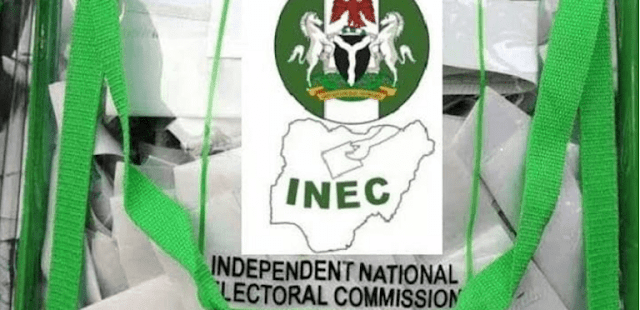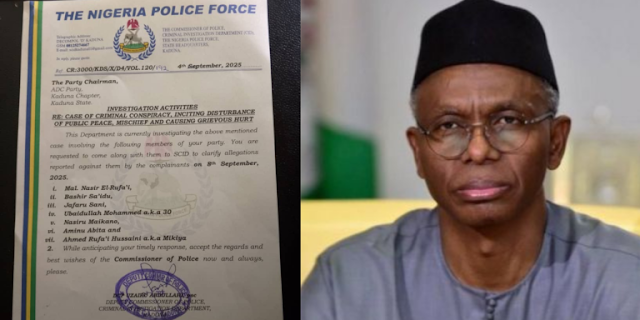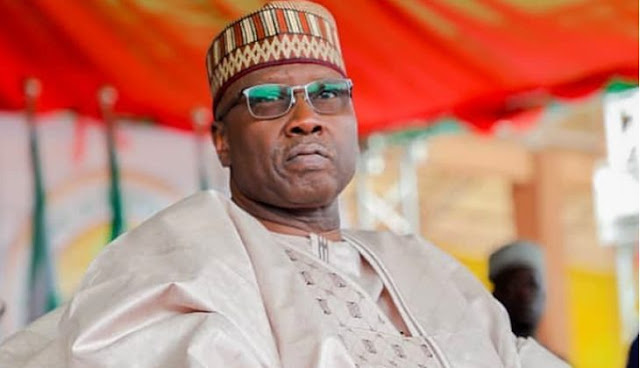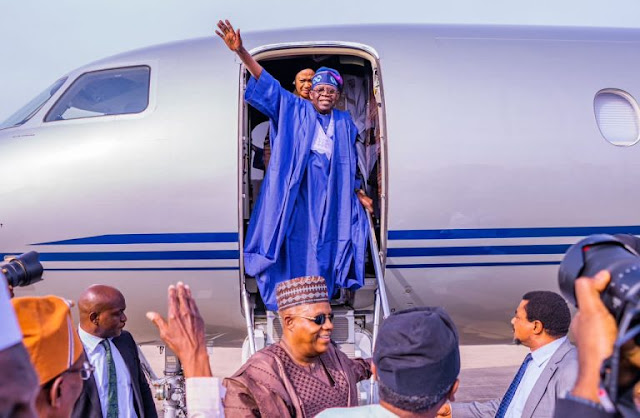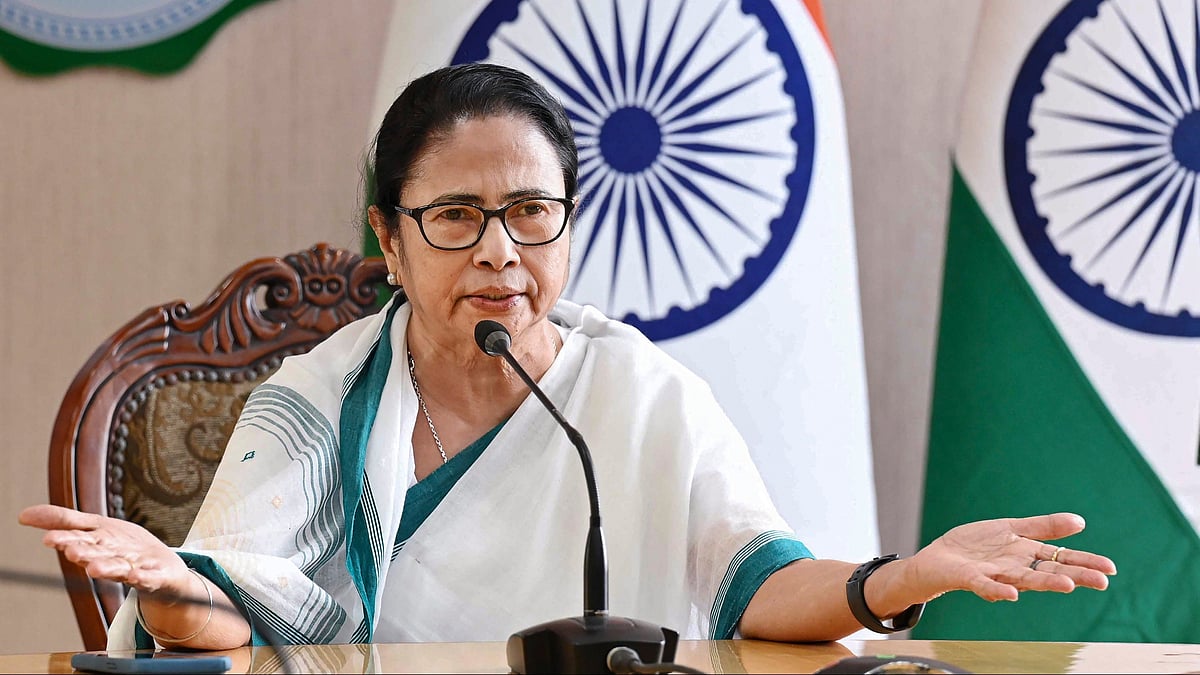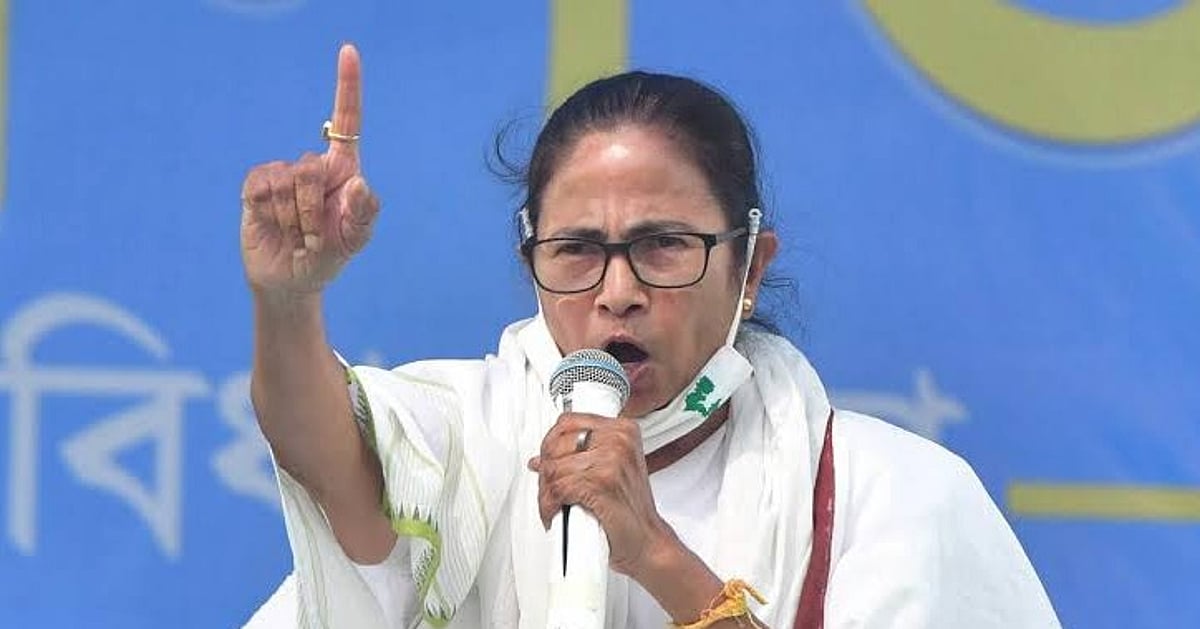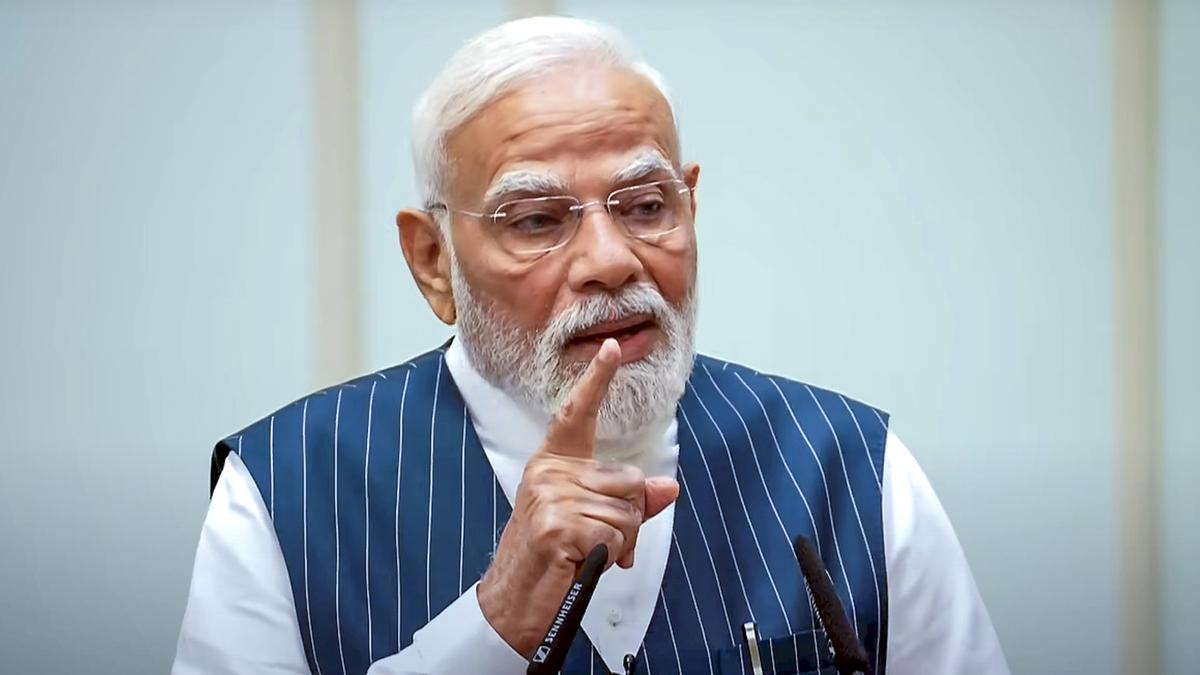The Independent National Electoral Commission (INEC) has confirmed receiving 171 applications for the registration of new political parties, a development that signals growing interest in Nigeria’s democratic process and a potential shift in the country’s political landscape. This announcement, made by INEC’s Chairman, Prof. Mahmood Yakubu, during a stakeholders’ meeting in Abuja, underscores the vibrancy of Nigeria’s democracy while raising questions about the feasibility, impact, and sustainability of expanding the number of political parties. As Nigeria prepares for future elections, including the 2027 general elections, the surge in applications reflects both the aspirations of citizens to participate in governance and the challenges of managing a crowded political space. This article delves into the significance of INEC’s announcement, the context of Nigeria’s political party system, the challenges of registering new parties, and the broader implications for democratic governance in Africa’s most populous nation.
The Context: Nigeria’s Political Party System
Nigeria’s democratic journey since the return to civilian rule in 1999 has been marked by a dynamic and evolving political party system. The country currently has 19 registered political parties, with the All Progressives Congress (APC) and the People’s Democratic Party (PDP) dominating the political landscape. These two parties have alternated power at the federal level since 1999, with the APC currently holding the presidency under President Bola Ahmed Tinubu, who assumed office in May 2023. Other parties, such as the Labour Party (LP), All Progressives Grand Alliance (APGA), and New Nigeria People’s Party (NNPP), have gained traction in recent years, particularly following the 2023 general elections, which saw increased voter engagement and support for alternative platforms.
The surge in applications for new political parties, as announced by INEC, is not an isolated phenomenon but a reflection of Nigeria’s vibrant and sometimes chaotic democratic culture. The 171 applications indicate a growing desire among citizens, groups, and associations to influence governance and challenge the dominance of established parties. This development comes at a time when public trust in the political system is mixed, with many Nigerians expressing frustration over issues such as economic hardship, insecurity, and perceived inefficiencies in governance. The 2023 elections, while historic for their competitiveness, were marred by allegations of irregularities, logistical challenges, and voter suppression, prompting calls for electoral reforms and greater inclusivity.
INEC’s role as the electoral umpire is central to this process. Established under the 1999 Constitution, INEC is responsible for conducting elections, registering political parties, and ensuring a level playing field for all contestants. The commission’s confirmation of 171 applications highlights its commitment to upholding the constitutional right of citizens to form and join political parties, as enshrined in Section 40 of the Constitution, which guarantees freedom of association. However, the sheer volume of applications poses logistical, administrative, and political challenges for INEC, raising questions about the feasibility of managing an expanded party system.
The Process of Registering New Political Parties
Registering a new political party in Nigeria is a rigorous process governed by the Electoral Act 2022 and INEC’s guidelines. To qualify, an association must meet stringent requirements, including:
National Presence: The party must have a verifiable presence in at least 24 states of the federation and the Federal Capital Territory (FCT), with functional offices and verifiable addresses.
Membership and Structure: The party must demonstrate a broad-based membership, with evidence of organizational structure, including a constitution, manifesto, and elected officials at national and state levels.
Compliance with Legal Requirements: The party’s name, logo, and acronym must not conflict with those of existing parties or have religious, ethnic, or regional connotations that could undermine national unity.
Financial Accountability: The party must provide evidence of financial sustainability, including audited accounts and sources of funding, to ensure transparency and prevent money laundering.
Application Process: The association must submit a formal application to INEC, accompanied by supporting documents, and undergo verification processes, including field inspections by INEC officials.
Prof. Yakubu emphasized that the 171 applications would undergo thorough scrutiny to ensure compliance with these requirements. Historically, INEC has been stringent in its evaluation, as evidenced by its rejection of numerous applications in the past due to incomplete documentation or failure to meet constitutional standards. For instance, prior to the 2019 elections, INEC registered 91 political parties, but many were later deregistered for failing to meet performance criteria, such as winning a minimum number of votes or securing elected positions.
The current wave of applications reflects a mix of genuine political movements, opportunistic ventures, and advocacy groups seeking to influence the national discourse. Some applicants may represent grassroots movements addressing specific issues, such as youth empowerment, women’s rights, or regional development, while others may be driven by political entrepreneurs seeking to capitalize on Nigeria’s electoral system. INEC’s challenge will be to distinguish between credible organizations with the capacity to contribute to democratic governance and those that lack the structure or intent to sustain a political party.
Implications for Nigeria’s Political Landscape
The confirmation of 171 applications for new political parties has far-reaching implications for Nigeria’s democracy, both positive and negative. These implications can be analyzed across several dimensions:
Increased Political Participation
The surge in applications reflects growing civic engagement and a desire among Nigerians to actively participate in the democratic process. This is particularly significant in the context of the 2023 elections, which saw unprecedented youth participation, driven in part by the Labour Party’s Peter Obi, whose campaign galvanized young voters. New political parties could provide platforms for marginalized groups, including women, youth, and minority communities, to articulate their aspirations and challenge the dominance of established parties. This aligns with global trends of increasing demand for inclusive governance and representation.
Fragmentation of the Political Space
While greater participation is a strength, it also risks fragmenting the political landscape. With 19 registered parties already competing, the addition of new parties could lead to vote splitting, particularly in closely contested elections. This phenomenon was evident in the 2023 presidential election, where the Labour Party and NNPP drew significant votes away from the PDP, indirectly benefiting the APC. A crowded field of parties could complicate coalition-building and make it harder for opposition parties to mount a unified challenge against the ruling party.
Administrative Burden on INEC
The processing of 171 applications places a significant administrative burden on INEC, which is already stretched by its responsibilities for voter registration, election management, and electoral reforms. Verifying the credentials of each applicant, conducting field inspections, and ensuring compliance with legal requirements will require substantial resources and time. Moreover, managing an expanded number of parties in future elections could strain INEC’s logistical capacity, particularly in areas such as ballot design, voter education, and result collation.
Quality vs. Quantity
The large number of applications raises questions about the quality and sustainability of the proposed parties. Many may lack the organizational capacity, financial resources, or ideological clarity to function effectively. In the past, some registered parties existed only on paper, failing to field candidates or participate meaningfully in elections. INEC’s decision to deregister 74 parties in 2020 for poor performance underscores the need for a rigorous vetting process to ensure that only credible organizations are registered.
Potential for Electoral Reforms
The influx of applications could catalyze discussions about electoral reforms, particularly regarding the regulation of political parties. Some analysts argue that Nigeria’s multi-party system, while democratic, is unwieldy and could benefit from stricter regulations or a cap on the number of parties. Others advocate for a proportional representation system to ensure that smaller parties have a voice without fragmenting the vote. The current wave of applications may prompt INEC and the National Assembly to revisit these issues ahead of the 2027 elections.
Challenges in Managing New Political Parties
The registration of new political parties is fraught with challenges, both for INEC and the applicants. For INEC, the primary challenge is ensuring a transparent and efficient vetting process while maintaining public trust. The commission has faced criticism in the past for perceived biases in its registration decisions, with some groups alleging that INEC favors established parties or those aligned with the ruling government. To counter this, Prof. Yakubu has emphasized that all applications will be evaluated based on merit and compliance with legal requirements.
For applicants, the challenges include meeting INEC’s stringent criteria, securing funding, and building a sustainable organization. Establishing a political party requires significant financial investment, from renting offices to mobilizing supporters across 24 states. Many applicants may struggle to meet these demands, particularly grassroots organizations with limited resources. Additionally, new parties face the challenge of competing with established parties that have deep-rooted structures, loyal voter bases, and access to patronage networks.
The political environment in Nigeria also presents hurdles. The dominance of the APC and PDP, often described as a “two-party system in practice,” makes it difficult for smaller parties to gain traction. The 2023 elections demonstrated that while alternative parties like the Labour Party can achieve significant results, they require charismatic leadership, robust mobilization, and a compelling narrative to break through. New parties will need to differentiate themselves through clear ideologies, innovative policies, and effective communication to attract voters.
The Broader Context: Nigeria’s Democratic Evolution
The 171 applications for new political parties are a microcosm of Nigeria’s broader democratic evolution. Since 1999, the country has made significant strides in consolidating its democracy, with six consecutive civilian transitions and increasing voter participation. The 2023 elections, with a voter turnout of 26.7%, were the most competitive in Nigeria’s history, reflecting growing public engagement. However, challenges such as electoral violence, vote-buying, and logistical failures continue to undermine the process.
The surge in applications for new parties can be seen as a response to these challenges. Many Nigerians, disillusioned with the status quo, are seeking alternative platforms to address issues such as unemployment, insecurity, and corruption. The rise of the Labour Party in 2023, driven by Peter Obi’s “Obidient” movement, demonstrated the potential for new political forces to disrupt the dominance of the APC and PDP. The 171 applications suggest that this trend may continue, with citizens exploring new avenues to influence governance.
At the same time, the proliferation of parties raises questions about the sustainability of Nigeria’s multi-party system. In other African democracies, such as South Africa and Ghana, a manageable number of parties has allowed for competitive yet stable elections. Nigeria’s experience with over 90 parties in 2019 showed that an overly crowded field can lead to voter confusion and administrative inefficiencies. INEC’s task will be to balance the constitutional right to form parties with the need for a functional and coherent electoral system.
The Role of Stakeholders in Shaping the Future
The success of new political parties depends on the active participation of various stakeholders, including INEC, civil society, the media, and the electorate. INEC’s role is not only to register parties but also to ensure a level playing field through transparent processes and voter education. Civil society organizations play a crucial role in monitoring the registration process, advocating for electoral reforms, and holding parties accountable for their promises.
The media, as a watchdog, can amplify the voices of new parties while scrutinizing their credibility and agendas. By providing platforms for debate and analysis, the media can help voters make informed choices. The electorate, ultimately, holds the power to determine the success of new parties. Nigerian voters, particularly the youth, have shown increasing sophistication in recent elections, using social media and grassroots campaigns to demand accountability and change.
Looking Ahead: Opportunities and Challenges
As INEC processes the 171 applications, Nigeria stands at a crossroads in its democratic journey. The potential registration of new parties offers opportunities to deepen democracy, foster inclusivity, and address the diverse needs of the population. However, it also presents challenges that require careful management to avoid fragmentation and inefficiency.
For INEC, the priority will be to maintain transparency and efficiency in the registration process. Prof. Yakubu’s commitment to a merit-based evaluation is a positive step, but the commission must also invest in capacity-building to handle the administrative demands. Public communication will be critical to managing expectations and ensuring that applicants and voters understand the process.
For aspiring political parties, the focus should be on building sustainable organizations with clear ideologies and broad-based support. Rather than relying on regional or ethnic affiliations, new parties should articulate national visions that resonate with Nigeria’s diverse population. Collaboration among smaller parties could also enhance their competitiveness, as seen in coalition-building efforts in other democracies.
For the broader political system, the influx of applications could catalyze discussions about electoral reforms. Proposals such as electronic voting, stricter party regulation, or proportional representation could address some of the challenges posed by a crowded political space. The National Assembly, in partnership with INEC and civil society, has an opportunity to strengthen Nigeria’s electoral framework ahead of the 2027 elections.
Conclusion: A Vibrant Yet Complex Democratic Future
INEC’s confirmation of 171 applications for new political parties is a testament to the vibrancy of Nigeria’s democracy and the aspirations of its citizens to shape their nation’s future. The surge in applications reflects a growing desire for change, inclusivity, and representation in a country grappling with complex socio-economic and political challenges. However, it also underscores the need for careful management to ensure that the political system remains functional and effective.
As Nigeria navigates this new chapter, the role of INEC, stakeholders, and the electorate will be critical in determining the outcome. By balancing the constitutional right to form parties with the need for a coherent electoral system, Nigeria can harness the potential of new political movements to deepen its democracy. The 171 applications are not just a number—they represent the hopes, ambitions, and challenges of a nation striving to build a more inclusive and prosperous future.


